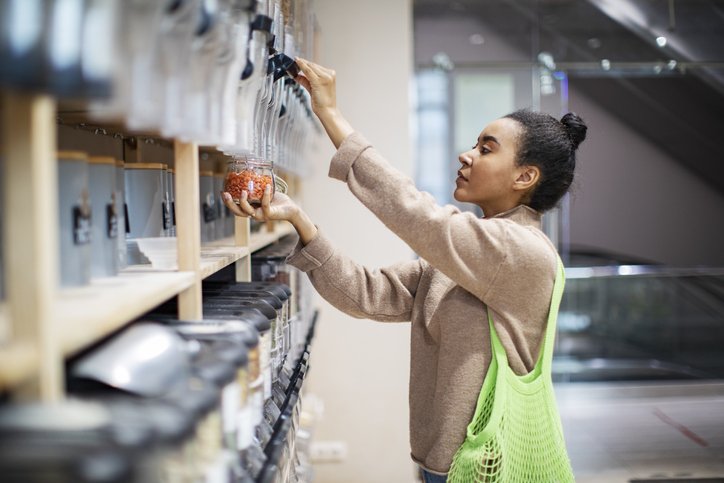Each year, the global Plastic Free July movement helps millions of people be part of the solution to plastic pollution.
Plastic pollution has become one of the most pressing environmental issues facing our planet due to the rapid increase in production of single-use plastics.
We have all become used to having single-use plastic in our daily lives, with the durable, cheap and versatile nature of the material making plastic perfect for almost every food and drink carton across the world.
But this has resulted in an overwhelming amount of plastic waste, which can take up to 500 years to decompose and often ends up in our oceans, threatening wildlife.
The good news is that reducing your consumption of single-use plastic can be incredibly easy. If we all try some simple hacks to reduce our reliance on single-use plastic, we can together make a huge impact during Plastic Free July – and beyond.
This year, global non-profit organisation The Breteau Foundation has set out on a mission to inspire over 1 million children to become ambassadors for change in the fight against plastic via its Plastic Changemakers initiative.
As part of the initiative, environmental and educational experts have come together to provide a comprehensive education pack all about plastics, and how we can kickstart a global movement on tackling plastic pollution.
Below, The Breteau Foundation’s plastic pollution experts have given their top tips on how to reduce plastic use.
T-Shirt to tea towel
You may not be aware that one of the major sources of plastic pollution is our clothes, with materials such as polyester, nylon and other synthetic fibres all being forms of plastic.
So, when your favourite T-shirt has had its day, think twice about automatically throwing it in the bin, as there are many ways it can continue its life!
Old clothes and materials make great cleaning rags and cloths – simply tear them or cut them up. Not only does this reuse your clothes, it will also save you money on cleaning rags – win, win!
Get loose!
When shopping for groceries, choose loose fruit and vegetables where possible, instead of pre-packaged ones in plastic bags.
The more we all switch to doing this where possible, the more our supermarkets will get the idea that we don’t need plastic for our veg!
If you still want to organise or protect your fruits and vegetables, consider using reusable produce bags instead.
 Play Video about This Rock Might Just Save The World
Play Video about This Rock Might Just Save The World Play Video about Play 2 hours of rock
Play Video about Play 2 hours of rock Play Video about Play 2 hours of brook
Play Video about Play 2 hours of brook Play Video about Play 2 hours of sheep
Play Video about Play 2 hours of sheep











































